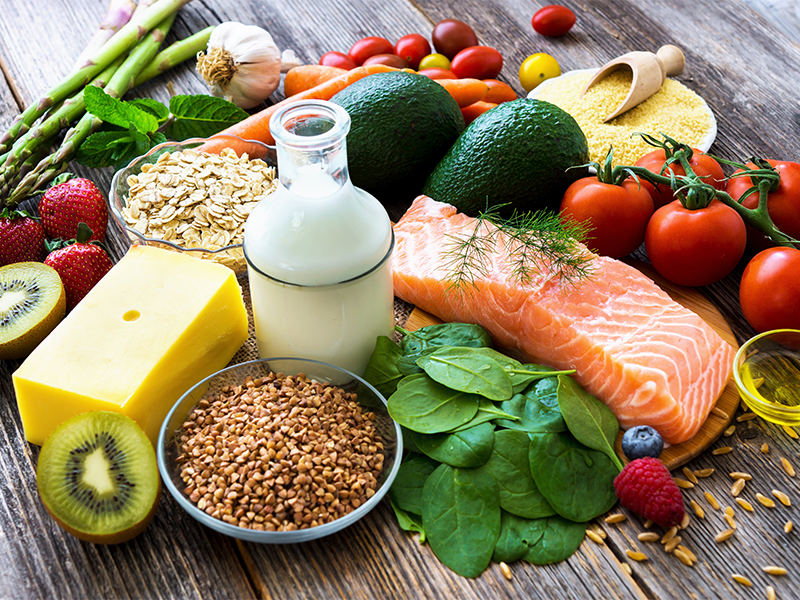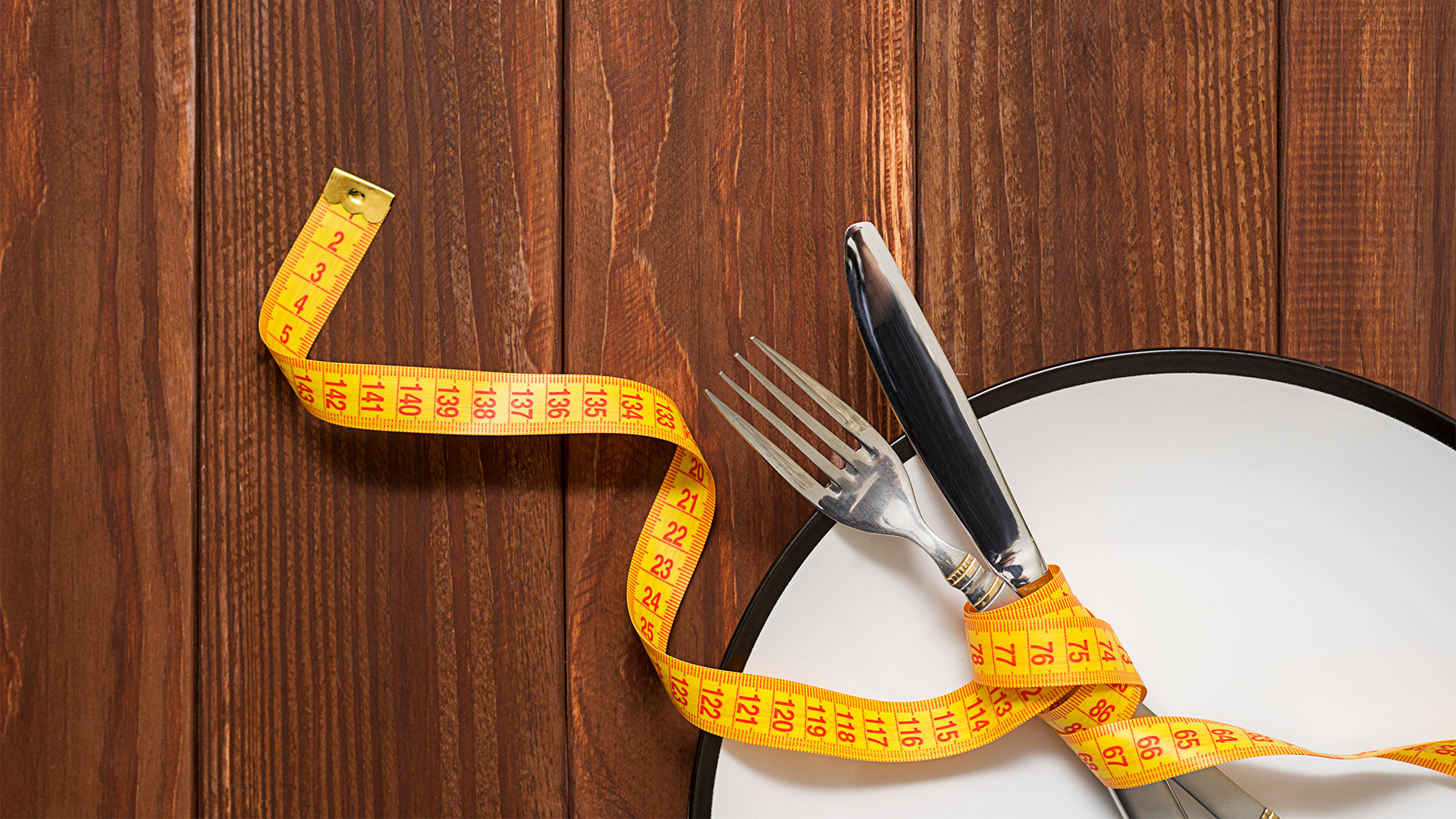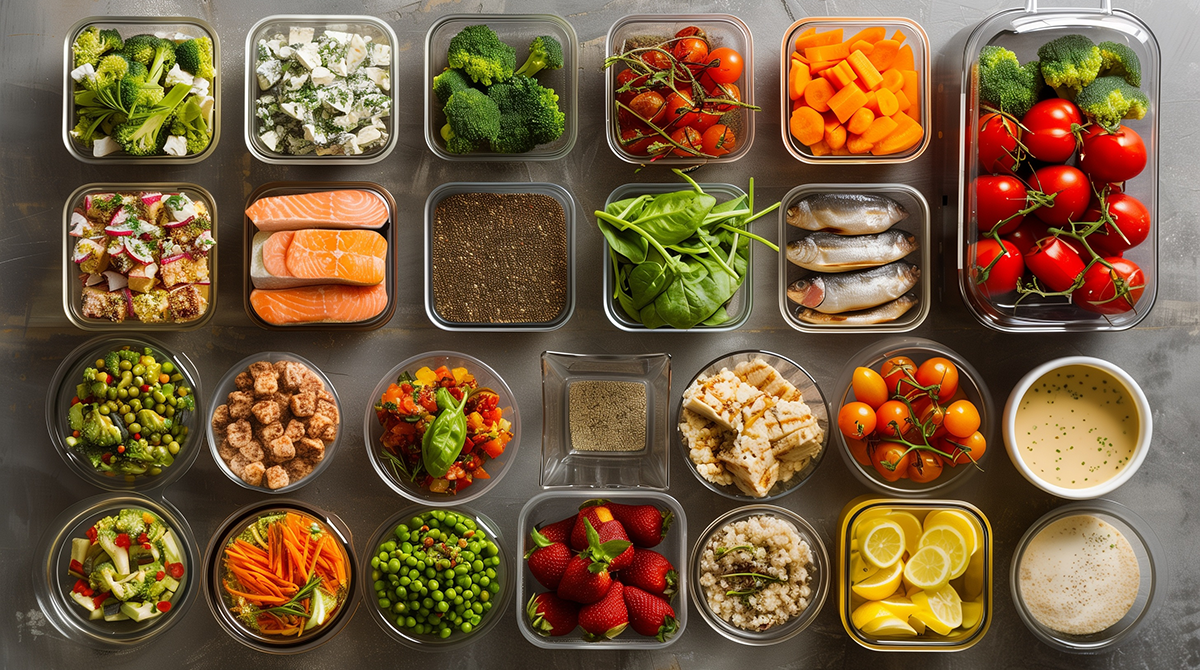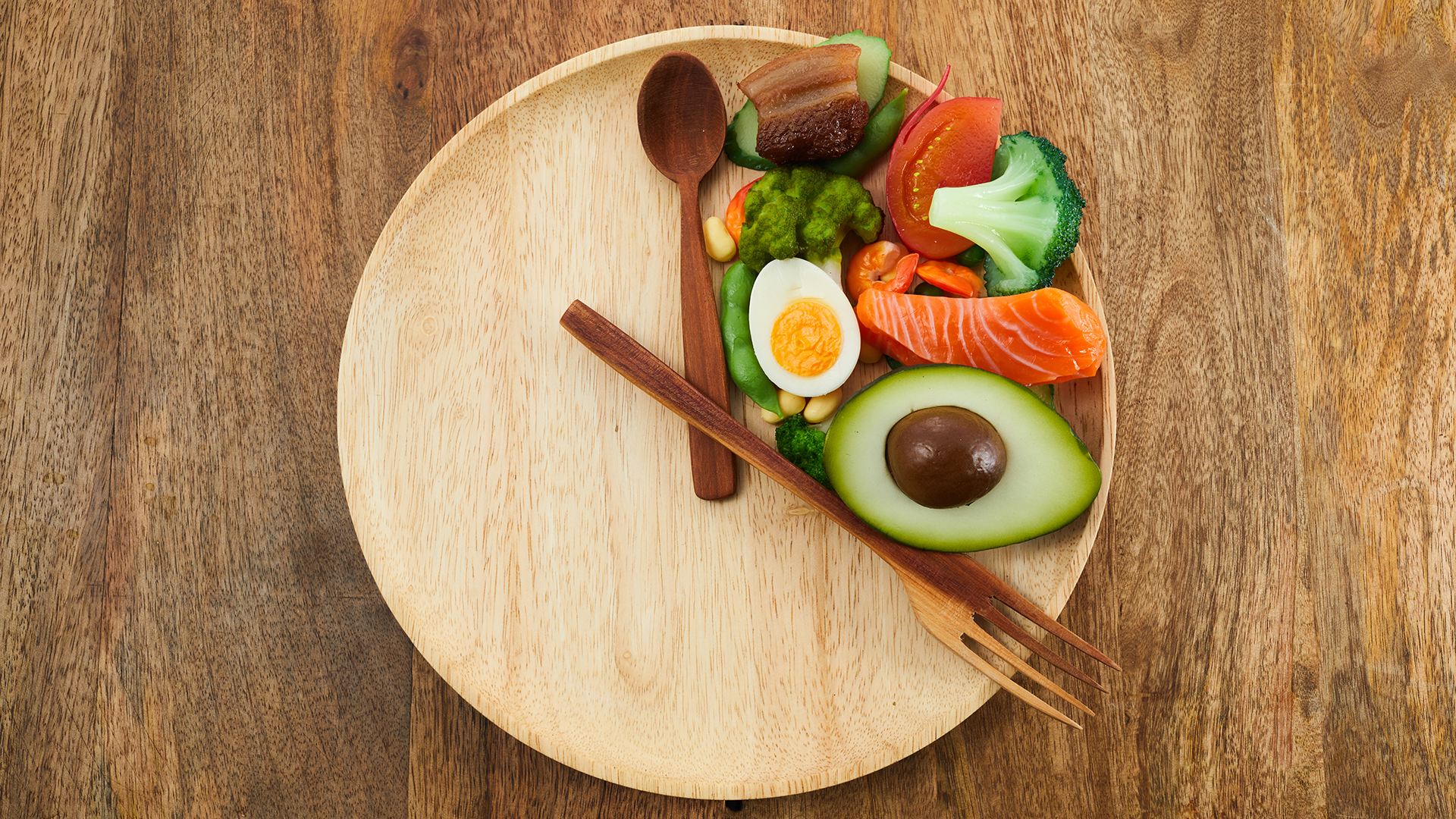Do you feel like you are doing all the right things but you aren’t seeing any changes on the scales?
It can feel extremely demoralizing if you cook homemade meals, eat within your calorie allowance, and struggle to drop the pounds.
What is happening?
We all hit a wall at some point in our weight loss journey! It is normal, but it can be very frustrating, particularly when we are giving up our favorite treats.
So why do we struggle to lose weight even when we are eating healthy?
How long does it take to lose weight?
Firstly, it’s important to note how long it takes to lose weight under normal circumstances so that you can figure out if your expectations are off when it comes to timelines.
The time it takes to lose weight is different for everyone, and it will change throughout your weight loss journey.
Many people drop several pounds quickly when they first change their diet (although this is sometimes attributed to water retention) but most plateau out fairly quickly.
Those who start out at a heavier body weight often lose weight faster because the more you weigh, the more calories you burn, particularly during exercise. This means that the more you lose, the more you should expect your progress to slow down.
How quickly should I lose weight?
In order to lose weight healthily and sustainably, you should aim to lose 1-2 pounds per week. To lose 1 pound of fat, you have to burn 3,500 calories more than you consume. So to burn one pound in one week, you would have to eat 500 calories less than you burn every day of the week.
Yes, by increasing your calorie deficit, you will lose weight quicker at first, but it will be very hard to maintain. Over time, your body will adjust to the lower calorie intake, so you will burn fewer calories each day, meaning your deficit will shrink, and your weight loss will plateau. This can really hinder weight loss progress in the long run.
Having too few calories can also have a negative impact on your hormones, your menstrual cycle, your energy, mood, and immune system and usually lead to binge eating and yo-yo dieting, which could lead to weight gain in the long term. You will also lose muscle mass as well as losing fat.
So if you want to lose 10 pounds, give yourself at least ten to twelve weeks to do it.
Related content: How to lose weight fast: an experts guide
Is weight loss and weight gain all down to your diet?
Diet, specifically how many calories you consume, is the most important factor in weight loss, but it is not the only factor.
Exercise, sleep and relaxation also have an impact…
The only way to lose weight is by eating less than you burn - your diet and exercise both affect this. However, if you significantly overeat, it is impossible to out-train this with exercise. So your diet should be your number one priority.

That being said, you could eat healthy but eat too much food. Generally speaking, women should eat around 2000 calories per day, and men 2500 - however, this will be impacted by your weight, body composition and
Getting plenty of sleep is vital, too; a lack of sleep can cause sugar cravings and a lack of energy and motivation, making you less likely to make good choices about your food. It can also prevent you from exercising or reduce the effectiveness of your workouts.
Another thing to consider is your stress levels. When we are stressed, we produce the hormone cortisol, which encourages our body to store belly fat.
What does a healthy diet look like?
There are so many rules, recommendations and fads out there when it comes to dieting, but in reality, there are a few basic things that you need to remember:
- Eat plenty of protein - around 35% of your calories should come from protein
- Eat plenty of fresh fruit and vegetables (avoid sugary fruit salads or smoothies where possible)
- Reduce your refined sugar intake, but don’t ditch it altogether
- Eat a varied diet to give you all the nutrients you need to feel great
- To lose weight, you have to be in a calorie deficit, i.e., eating fewer calories than you burn
I’m eating healthy, so why aren’t I losing weight?
If you have really been focusing on your weight loss efforts, but can’t seem to lose weight, then the first step is to really examine your diet.
Make sure that you are correctly counting all of the calories you are eating and drinking; cooking oil, milk in your coffee, salad dressing and sauces all need to be included.

You can eat only healthy foods, but you will still gain weight if you consume too many calories.
Here are some other things you can try:
- Take note of your sleep cycle; go to bed and wake up at the same time each day and aim to get 7-9 hours of sleep per night
- Monitor your stress levels, carve out some me-time to relax and use grounding techniques when you feel yourself getting anxious.
- Walk for an extra 15 minutes per day.
- Get more active during the day; for instance, stand up from your desk every hour and stretch or do some squats. Lifting weights is great, too, as having a high muscle mass will help you burn fat quicker.
- Drink more water - being dehydrated can make us feel hungry
- Try using a weight loss supplement that improves your energy levels, reduces cravings and burns fat (like PhenQ!)
Most importantly, remember to be kind to yourself, celebrate the little wins and forgive yourself when you slip up. Losing weight and keeping the weight off takes time and consistency, so don’t expect results in a fortnight.
What can I do to help me lose weight?
Eating a calorie-controlled diet with lots of protein and fruit and veg, exercising (walking counts!), getting enough rest and reducing your stress levels are all important parts of your weight loss journey.
A weight loss supplement can also help you along the way.
So what does PhenQ do?
Its craving-busting ingredients can keep you from reaching for those fries; it gives you more energy to bust out a workout; it fires up fat burn; it improves your mood and keeps you motivated.
Let us help you drop the pounds!




